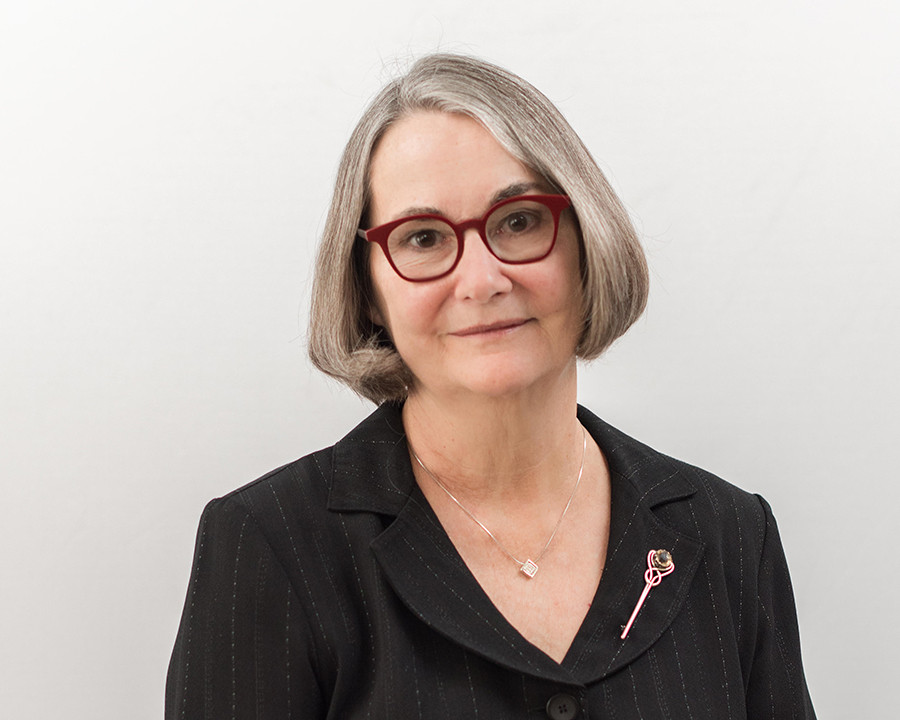Seeing beyond disability
Book touches on the history of abuse in Canadian institutions
Catherine McKercher has very few early memories of her brother Bill, other than the fact that he had a wonderful laugh.
While McKercher lived at home with her other siblings and parents, Bill, who was born with Down syndrome in the 1950s, spent his life institutionalized from when he was two years old until his death at age 38.
Author Catherine McKercher // Supplied image
McKercher’s book Shut Away: When Down Syndrome was a Life Sentence was launched at McNally Robinson Grant Park on Wednesday, Nov. 13. The former Carleton School of Journalism and communications professor’s book speaks of the histories, changes and futures for those living with intellectual disabilities.
Shut Away is a memoir of Bill’s life in the Ontario Hospital School for those with developmental disabilities in Smith Falls, as well as an account of the abuse that took place in Canadian institutions.
“In our house, Bill was an absence, not a presence,” McKercher notes in her book. “We saw nothing of his. Yes, he was my brother, but his day-to-day life was utterly separate from mine.”
The book draws from interviews and primary documents discovered in an attempt to uncover a lost personal history. McKercher applied for Bill’s personal resident file through the Archives of Ontario.
“What I found was shocking at times, infuriating at other times and heartbreaking,” McKercher says.
Brandy Kowal of the Manitoba Down Syndrome Society (MDSS) led the Q-and-A at McKercher’s book launch. As a mother of a seven-year-old child with Down syndrome, Kowal says some of the issues raised in McKercher’s book persist today.
“She talked about how in the institutions, there were really high staff turnover rates, and that staff were underpaid. Those are huge issues still,” Kowal says. “It’s been an ongoing issue with my daughter with daycare and respite workers. There’s a high turnover of people in her life, which is really hard for relationship-building.”
Parents of children with Down syndrome often need to advocate for themselves and their families, while constantly seeking out resources.
“People have to go find emotional and social support on their own,” Kowal adds. “A lot of parents of children with disabilities can feel isolated if they don’t have that network of other parents.”
McKercher says if her brother Bill had been born just a decade later, his circumstances would have been vastly different.
“Ten years before Bill was born, the idea of sending a child with Down syndrome to school was absolutely unheard of. Ten years after he was born, not only were you able to do that, but the schools were required to provide you with assistance and teaching aids,” McKercher says.
Still, both Kowal and McKercher insist that more must be done in a wider social context to help shift the narratives placed on those with disabilities.
“If people took the initiative to say ‘hey, what can I do to make this child and their family feel more supported and welcomed?’ that would be huge. It takes pressure off the families to constantly be doing that,” Kowal says.
McKercher’s book can be purchased in print at McNally Robinson Booksellers or electronically through Kindle.
Published in Volume 74, Number 11 of The Uniter (November 21, 2019)





